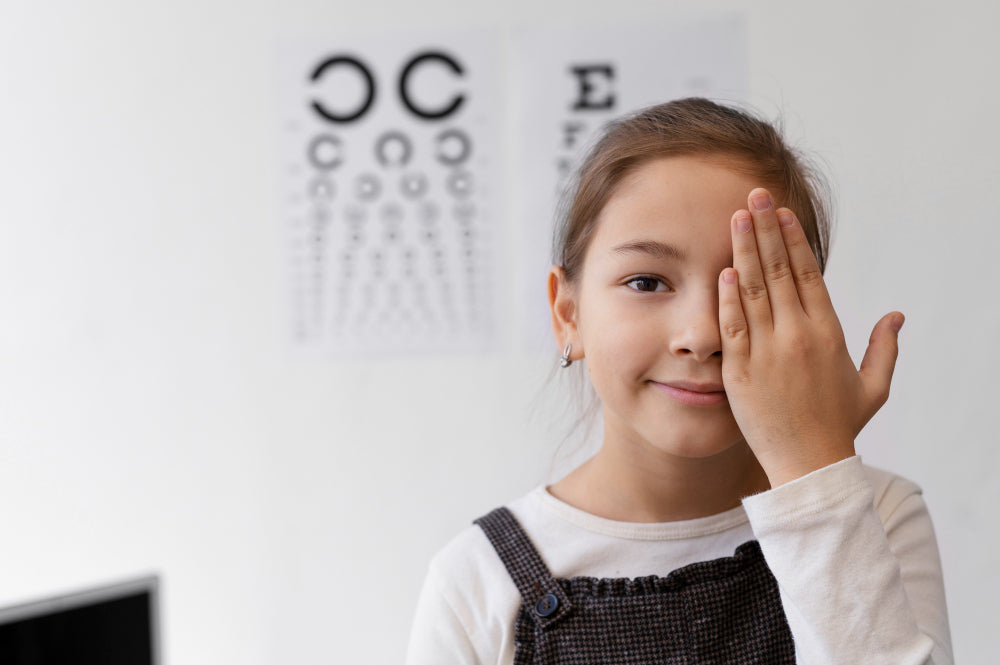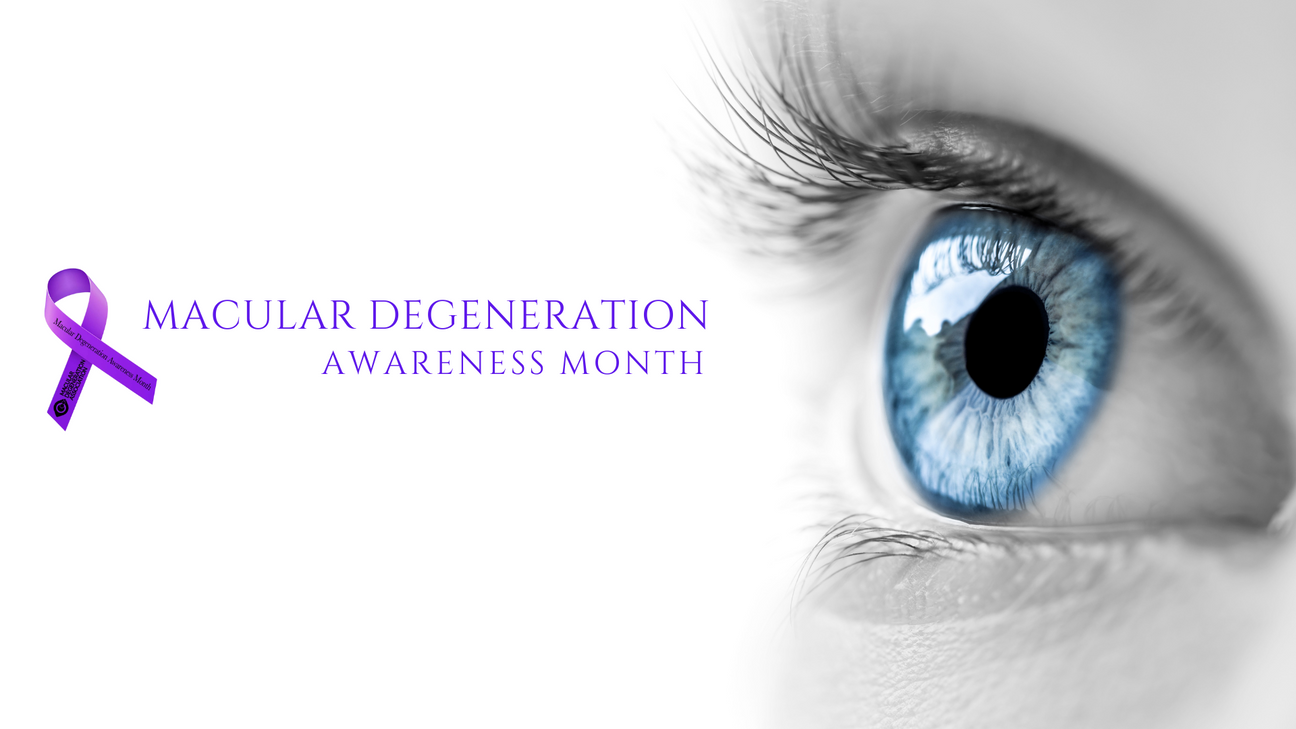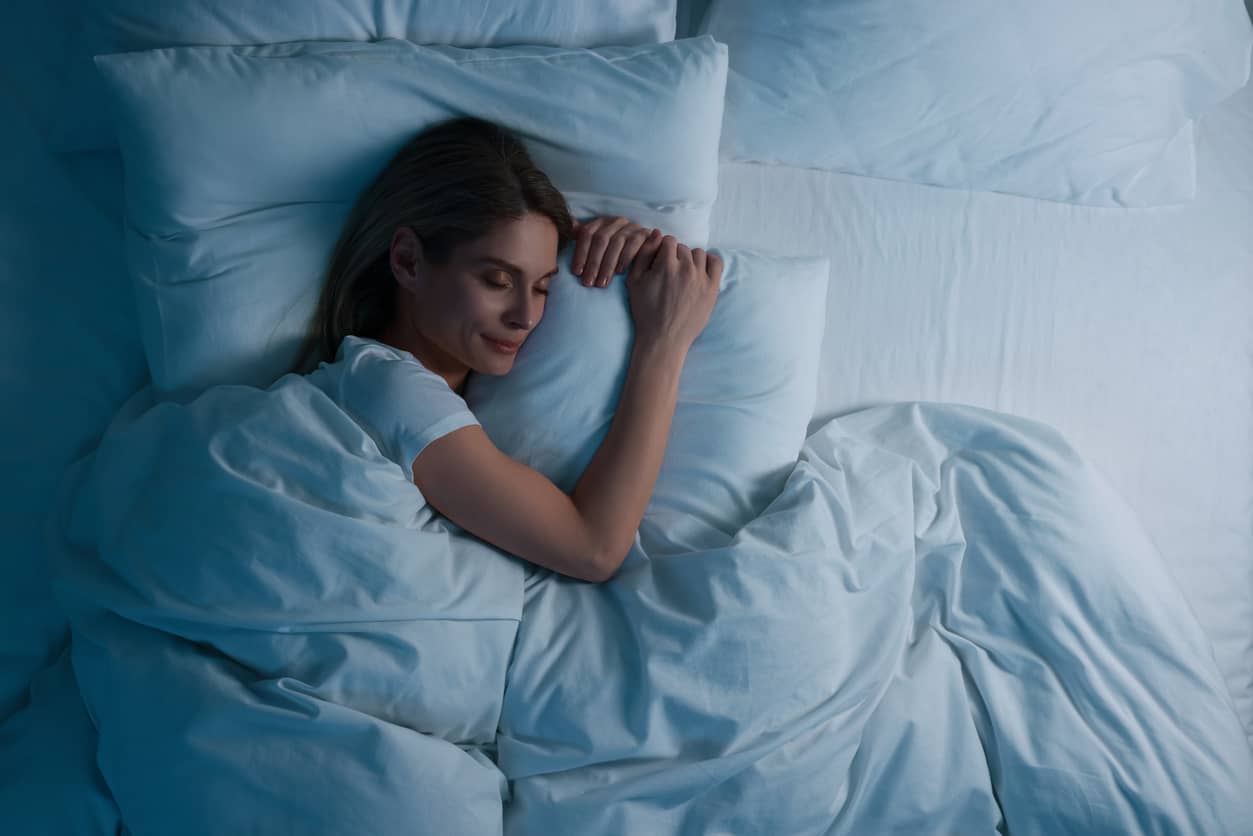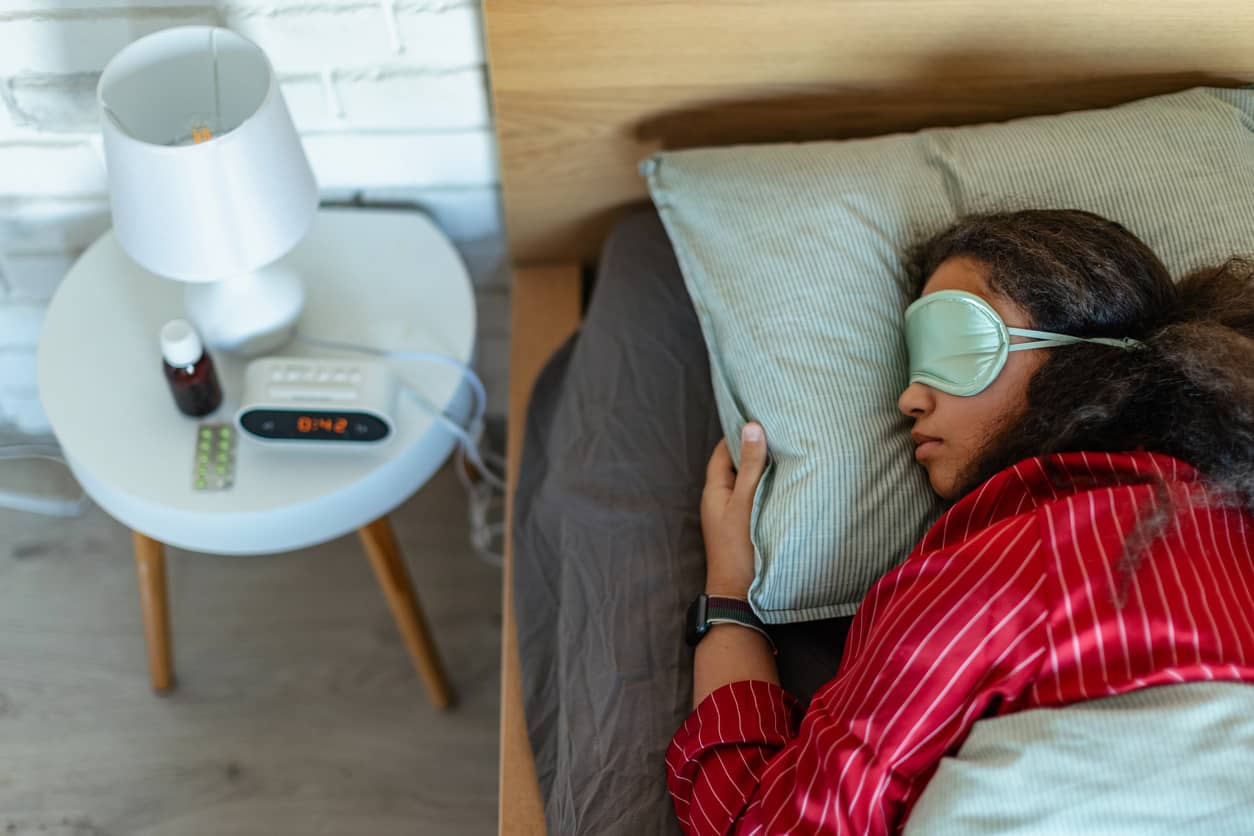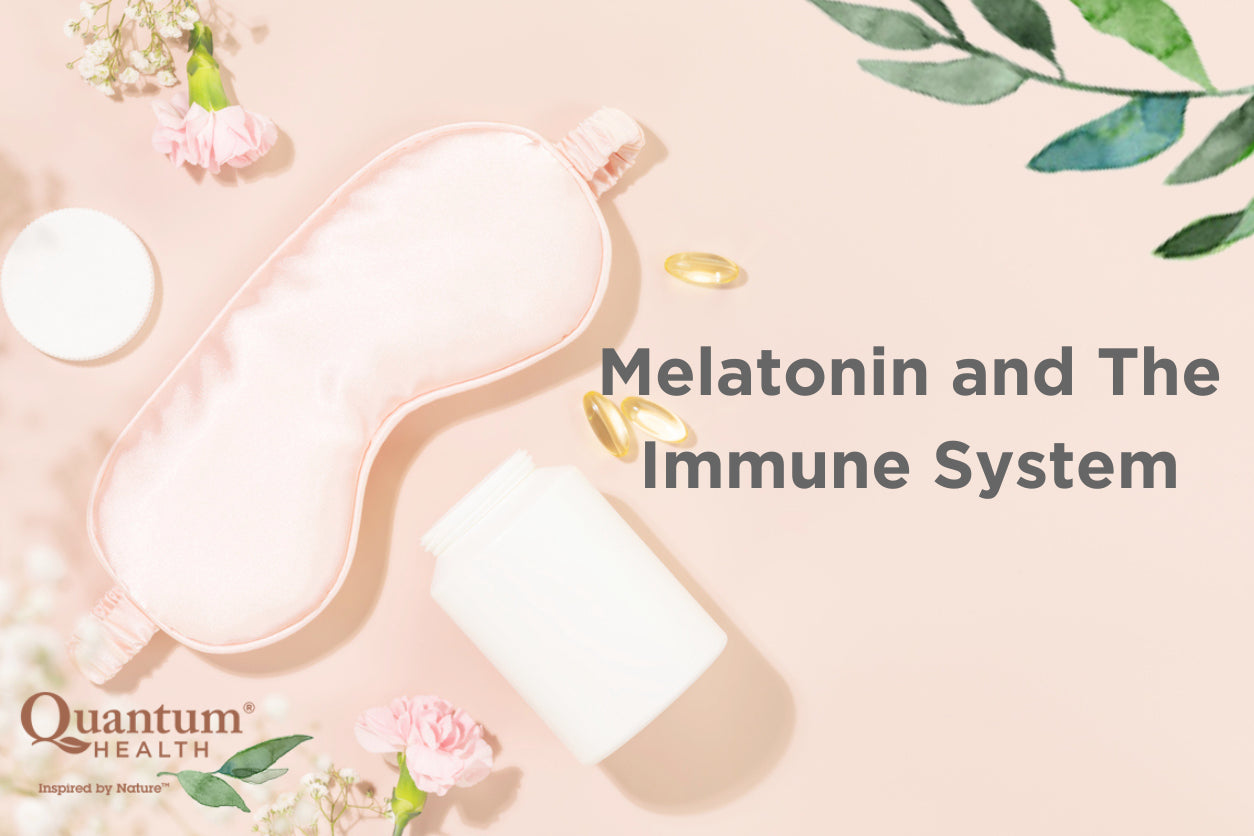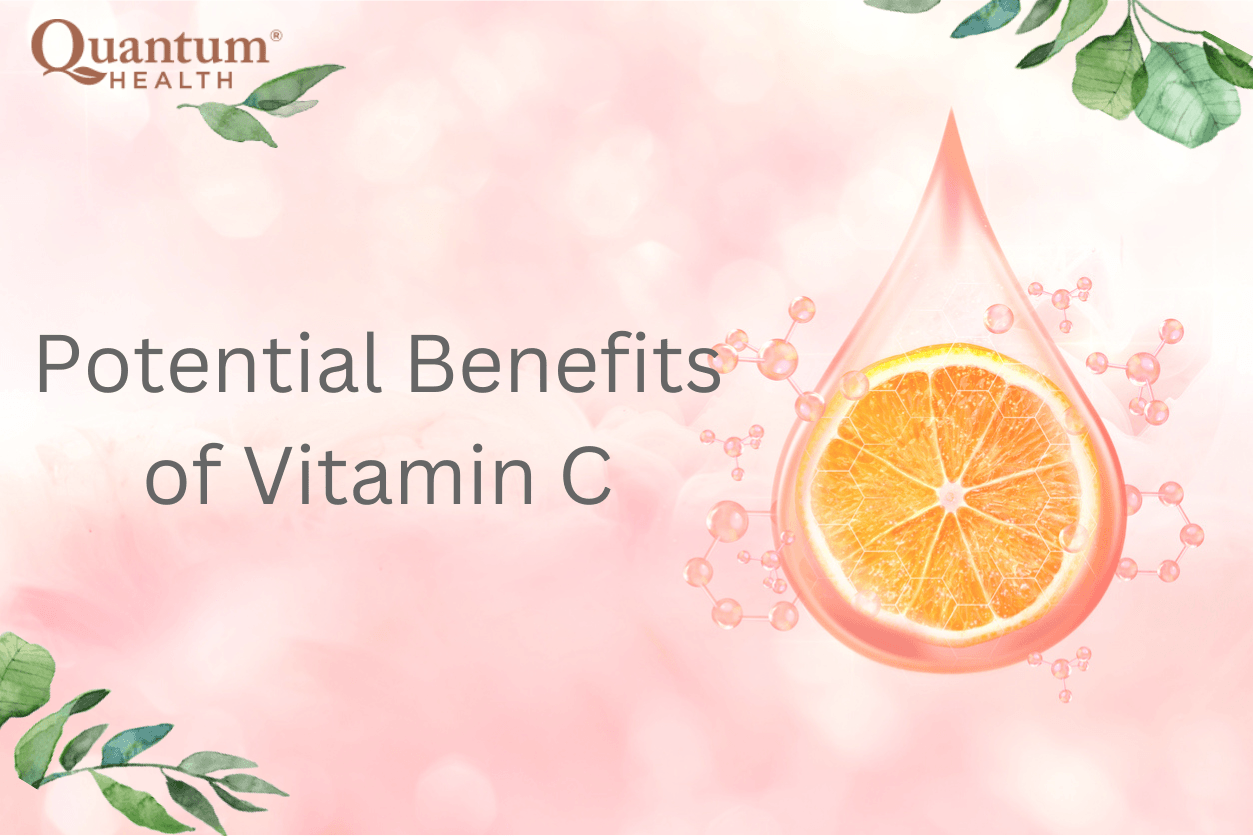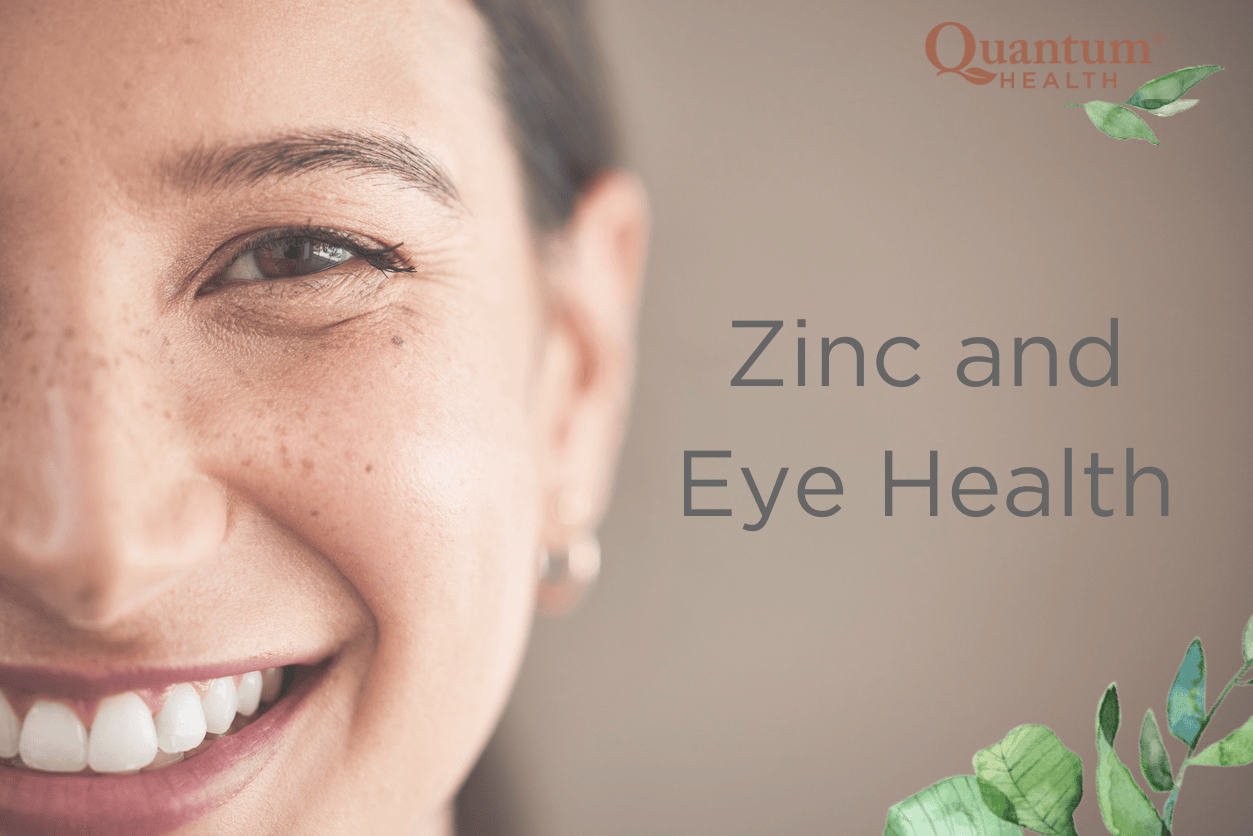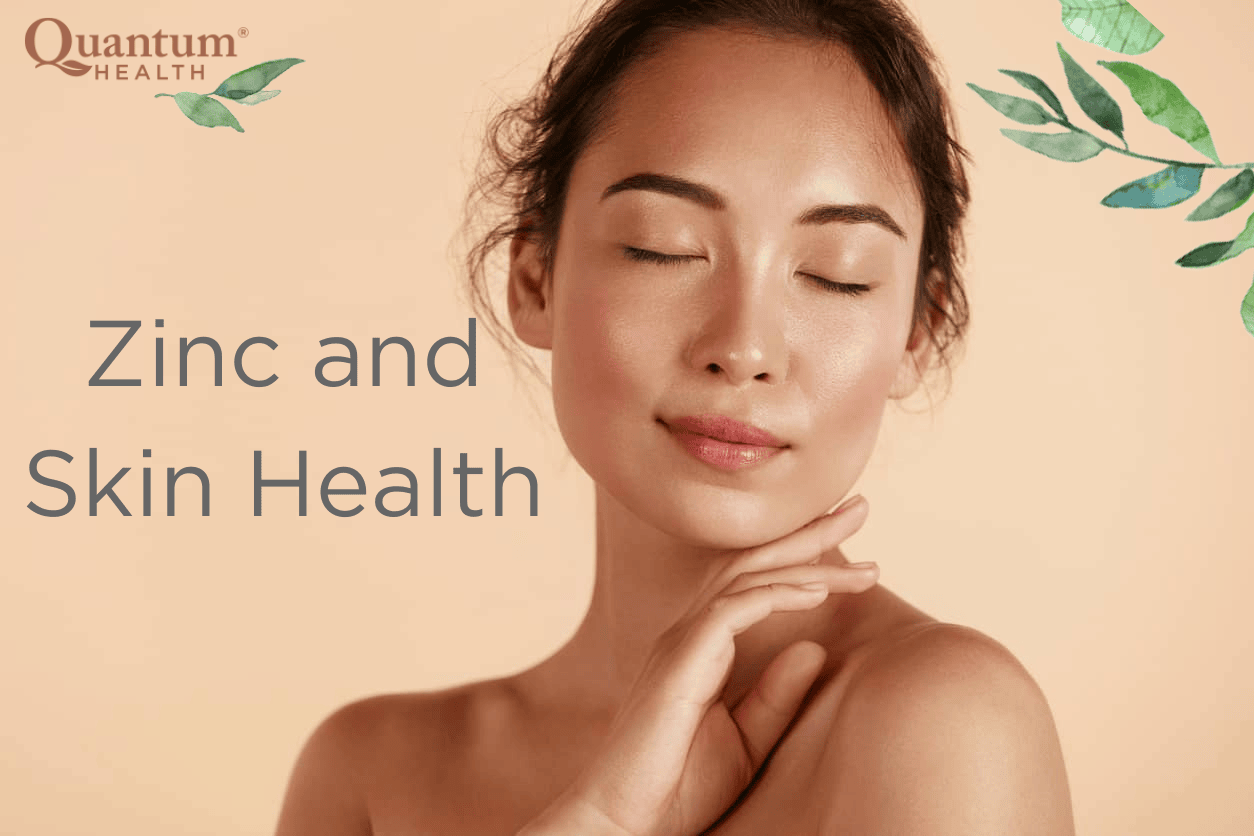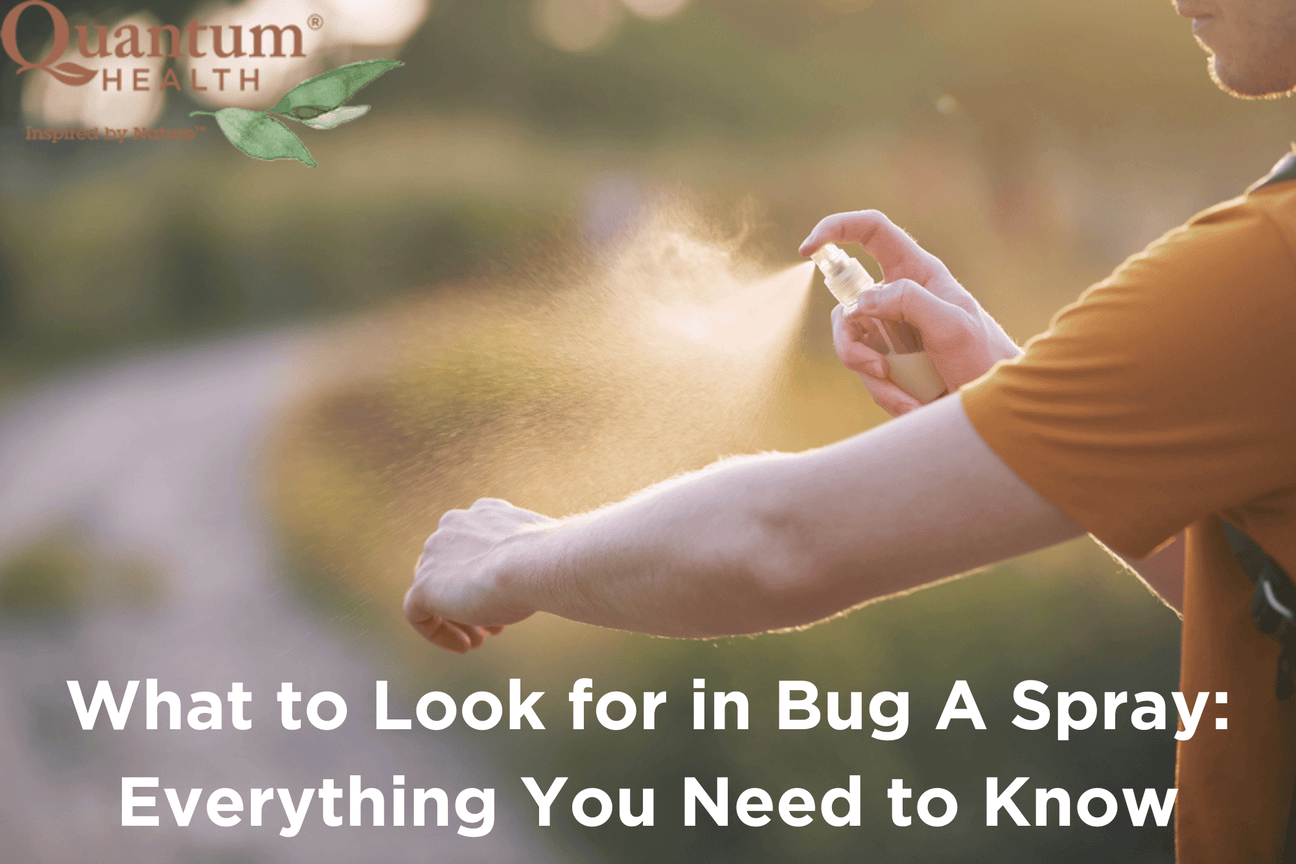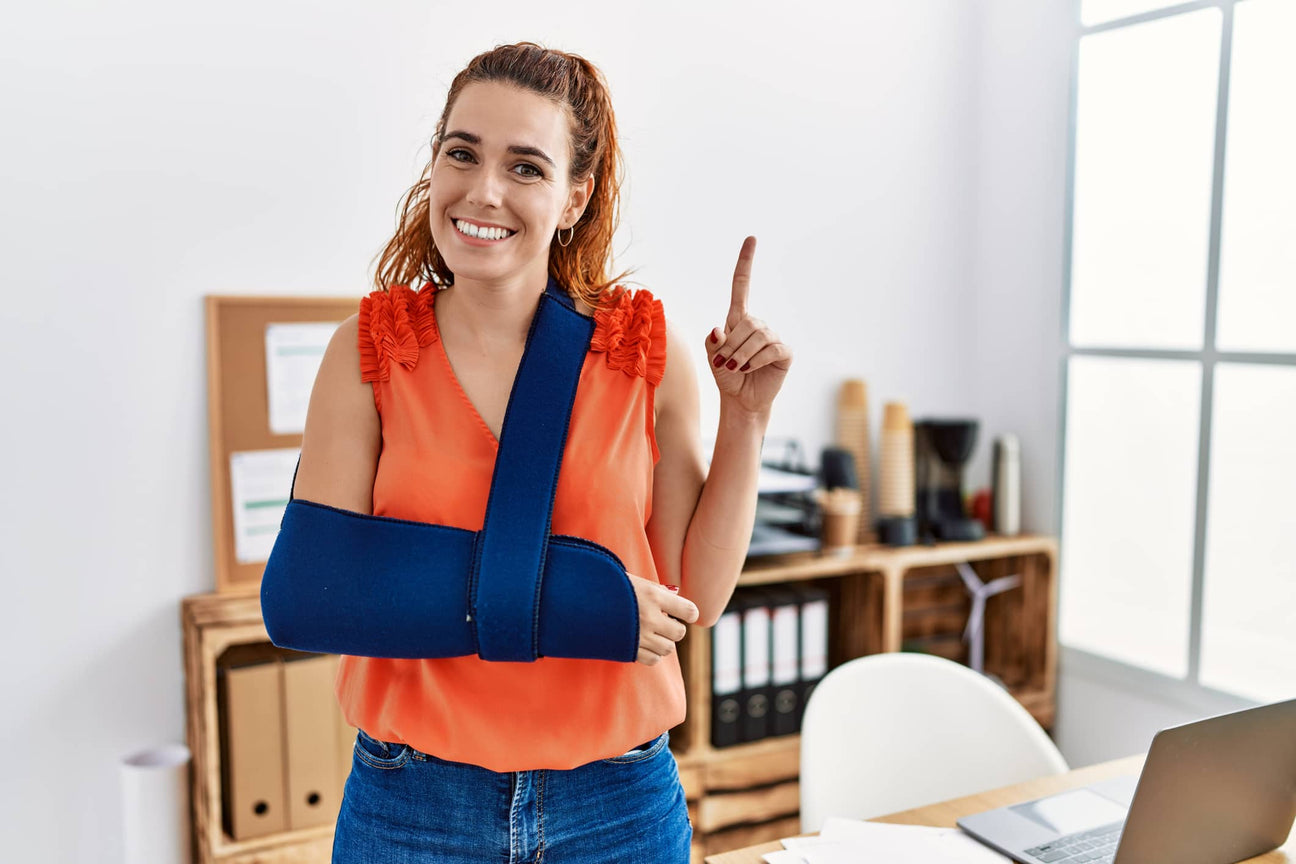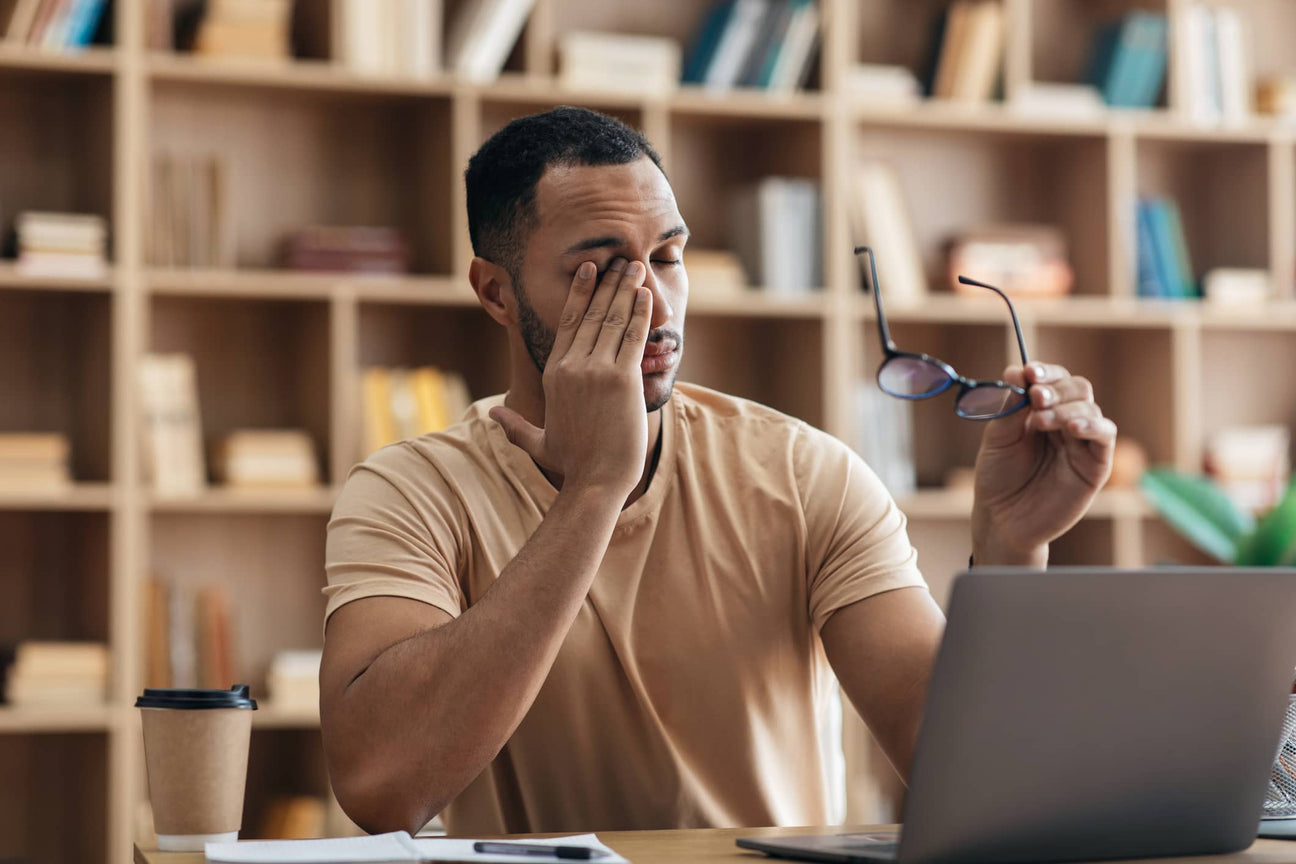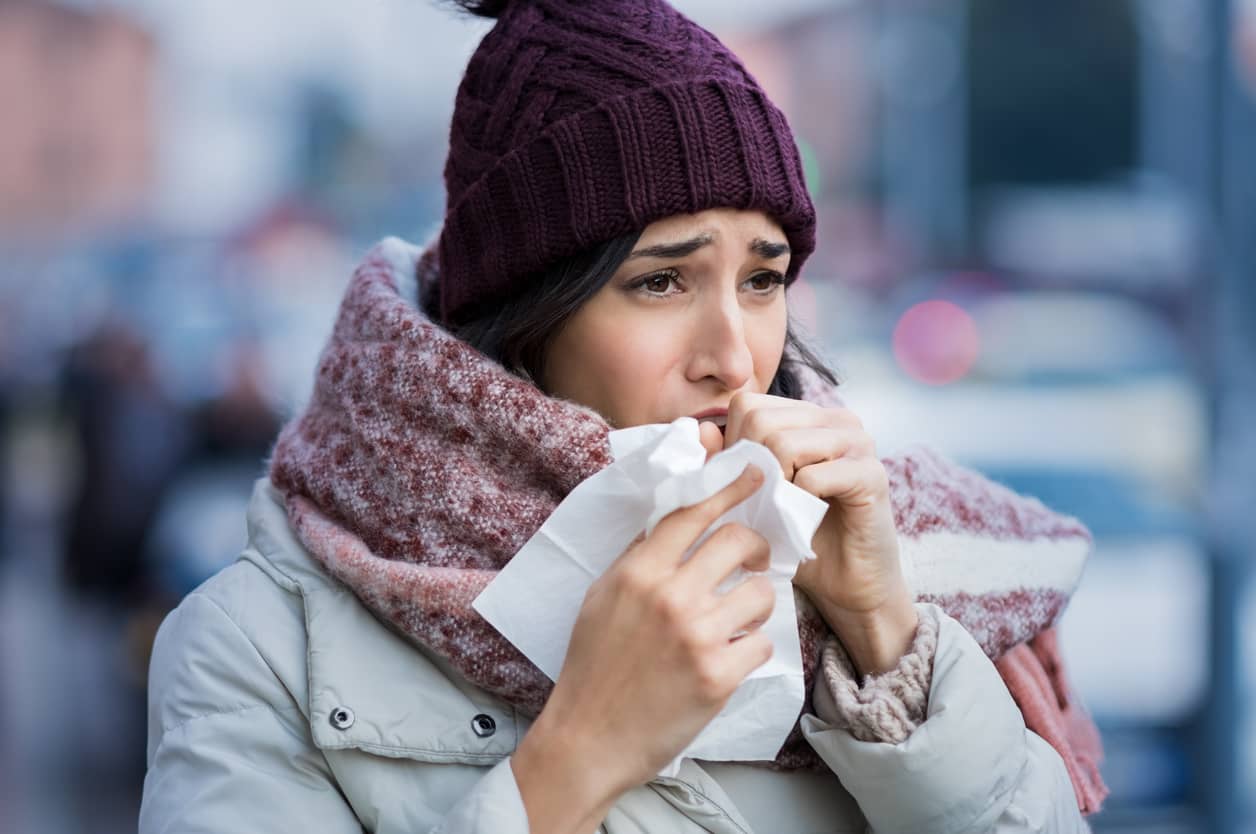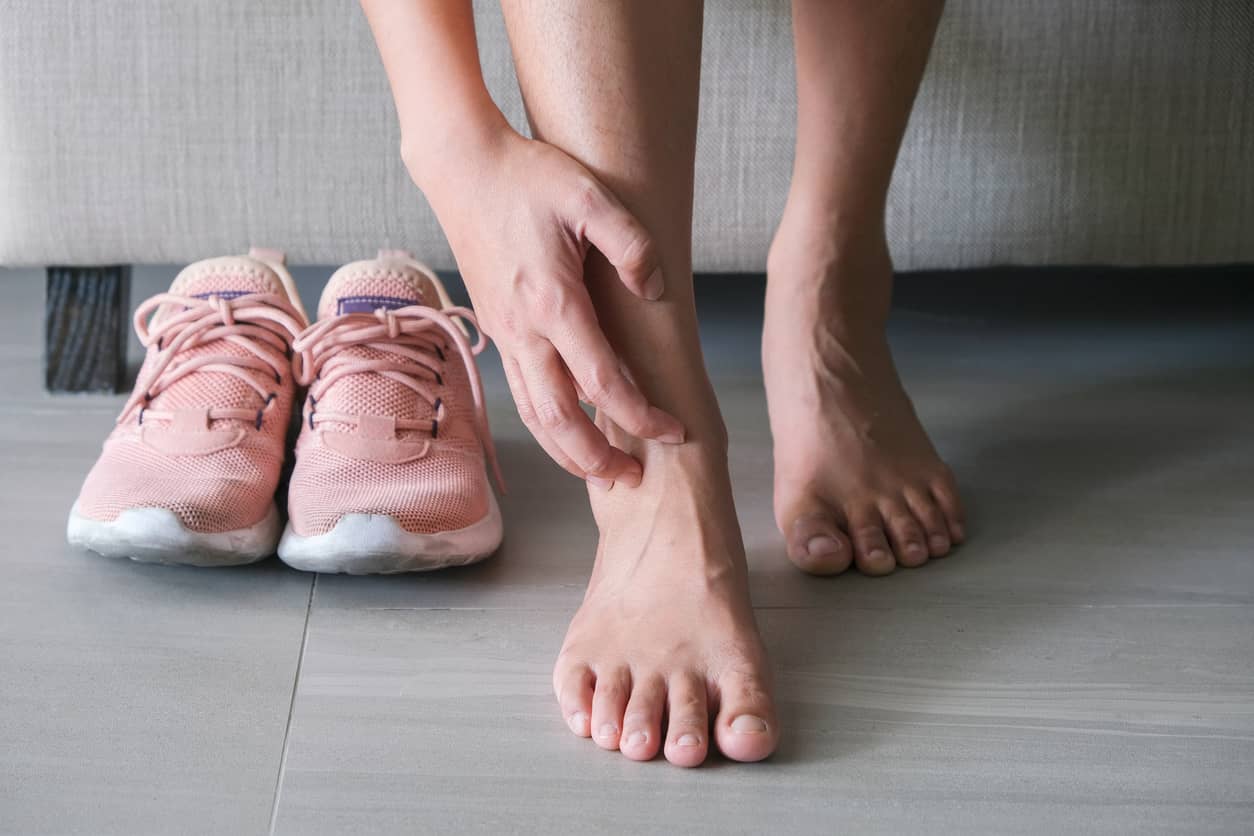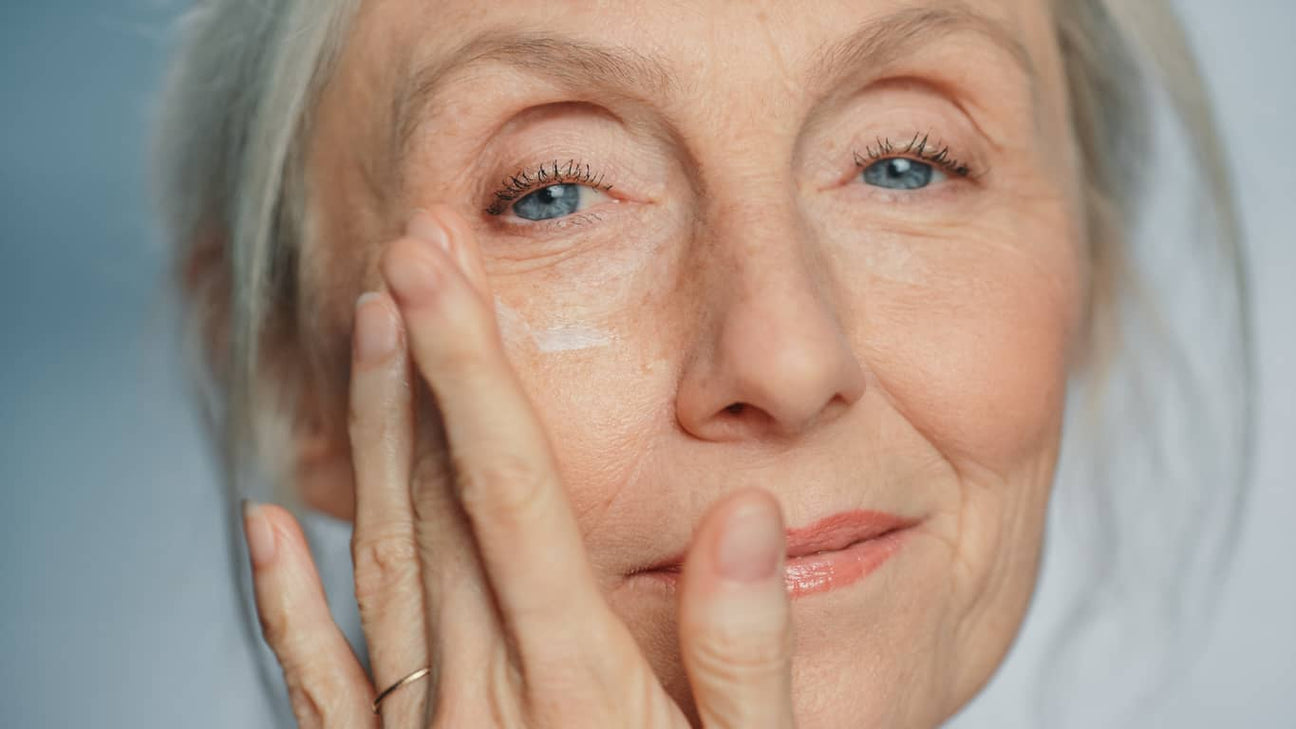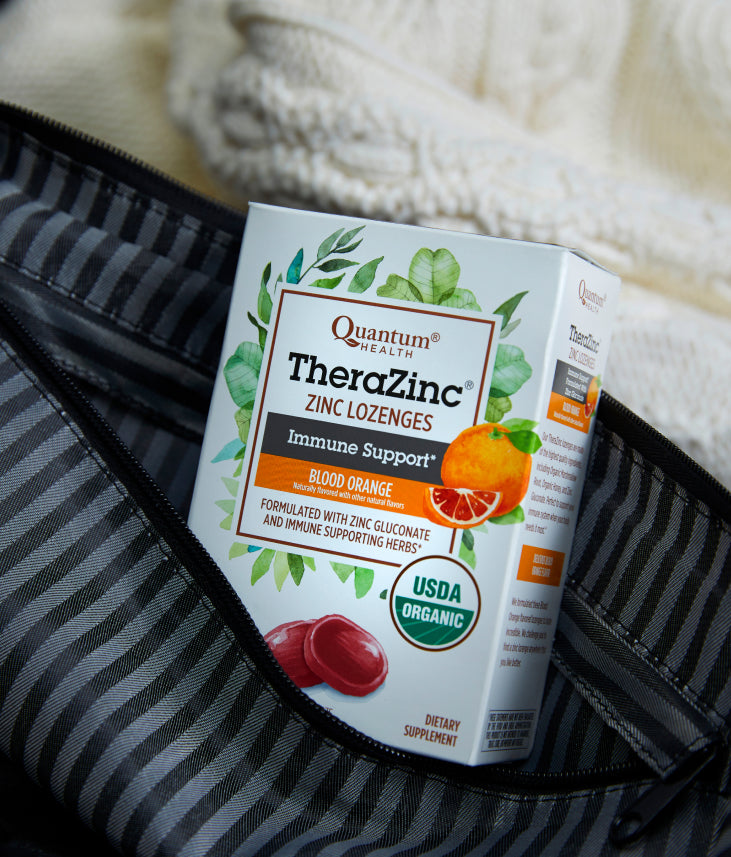How Does Blue Light Affect You (and how to Minimize Impact)?
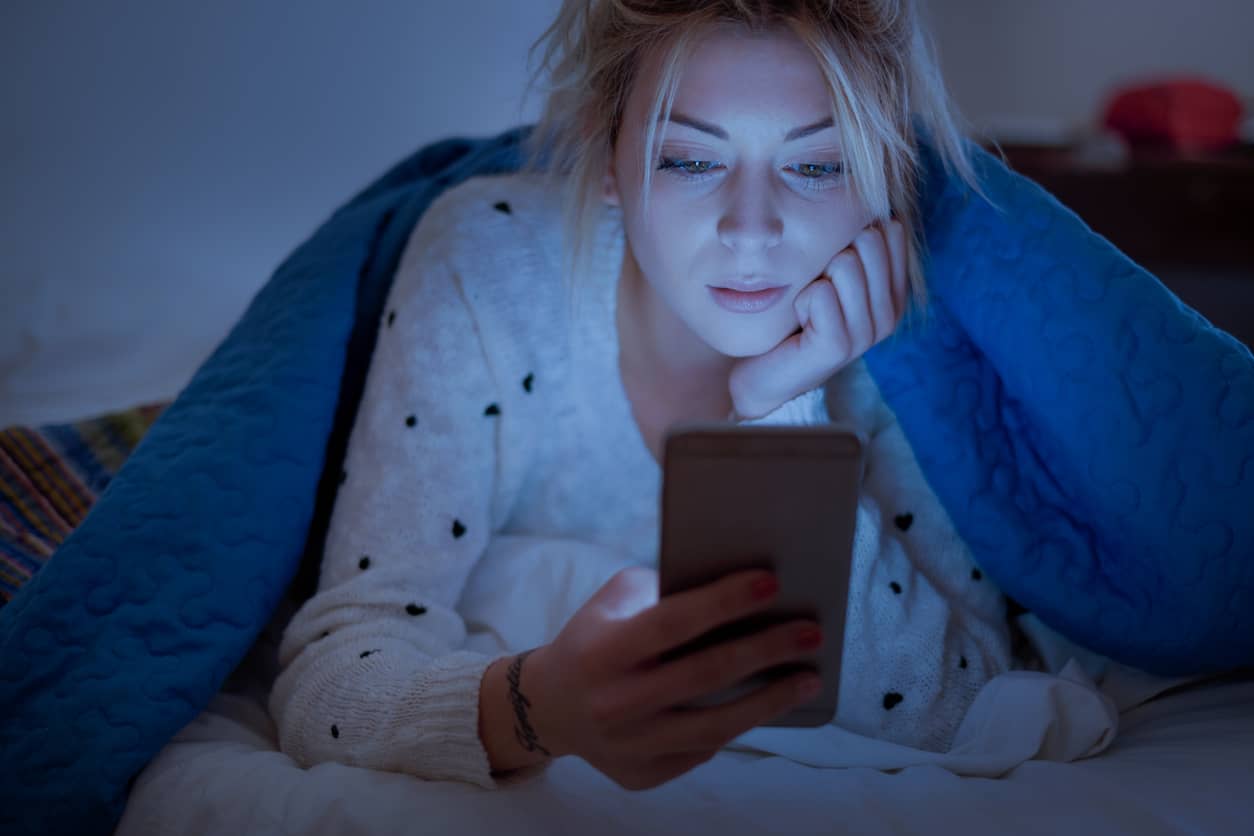
We seem to be constantly attached to the digital world. Between video calls, TV, remote work on our laptops, eBooks, and social media, spending a screen-free moment is rare these days.
This extended use of electronic devices exposes us to blue light and the effects associated with it.
What Is Blue Light?
Most of the electromagnetic waves traveling around us are invisible: radio waves, microwaves, infrared light, ultraviolet or UV rays, X-rays, and gamma rays. The human eye can only see light from 380 (violet light) to 700 nanometers (red light).
Blue light encompasses the shortest light waves with the highest energy in the visible light spectrum, ranging from 380 to 500 nanometers.
Blue light is practically everywhere. Its primary source is the sun, followed by fluorescent and LED light bulbs and electronic devices.
How Does Blue Light Affect You?
Blue Light + Sleep
Extended exposure to blue light in the evening can impact our sleep hygiene. According to research, the use of light-emitting devices “prolongs the time it takes to fall asleep, delays our circadian rhythm, suppresses levels of the sleep-promoting hormone melatonin, reduces the amount of and delays the timing of REM sleep, and reduces alertness the following morning.”
Why does the use of light-emitting devices (artificial light) prolong the time it takes for us to fall asleep? This primarily has to do with the circadian rhythm. This is our finely tuned, 24 hour cycle that helps our bodies know when to do essential functions. Until the introduction of artificial light to humans, these rhythms were very closely aligned with the sunrise and sunset.
While all light can impact the circadian rhythms, blue light has the largest impact! This is because blue light stimulates the parts of our brain that make us feel alert, thus making it harder to fall asleep if we are using devices before bed.
Additionally, blue light also suppresses our bodies natural melatonin, which is the hormone that makes us feel drowsy and makes it easier to fall asleep.
Blue Light + Eyestrain
When we look at our digital devices for long periods, we may experience eyestrain or computer vision syndrome. Common signs include watery, tired or achy eyes, dryness, headaches, and blurred vision.
While the American Optometric Association (AOA) recommends minimizing blue light to prevent computer vision syndrome, the American Academy of Ophthalmology (AAO) states eyestrain relates more to how we use our devices than blue light itself. Variables like the distance from your screen, brightness, glare, and how much we blink are some of the major determining factors.
Research by the American Journal of Ophthalmology seems to agree with AAO. The study shows that blue-light-blocking lenses did not improve signs of eyestrain with computer use.
Blue Light + Eye Damage
While our cornea and lens absorb and block UV rays, blue light goes right through, making the retina vulnerable to photochemical damage.
Some animal studies suggest blue light may affect retina cells. A more recent systematic review associates it with macular degeneration (AMD) in outdoor workers. AOA’s “Light and Eye Damage” resource also cites various studies linking sunlight exposure—including blue light—to photochemical and photooxidative retinal damage, among other issues.
How Can You Minimize the Impact of Blue Light?
- Use dim red, orange, or warm light lamps that do not emit blue light in your bedroom
- Lower your device’s brightness and turn on the night mode during the evening
- Avoid using electronic devices at least 2-3 hours before bedtime
- Take supplements to help your eyes filter digital blue light
While some of the consequences of blue light exposure remain uncertain, one thing is clear: We could all use more screen-free time!
Share
Your share can inspire countless others.





